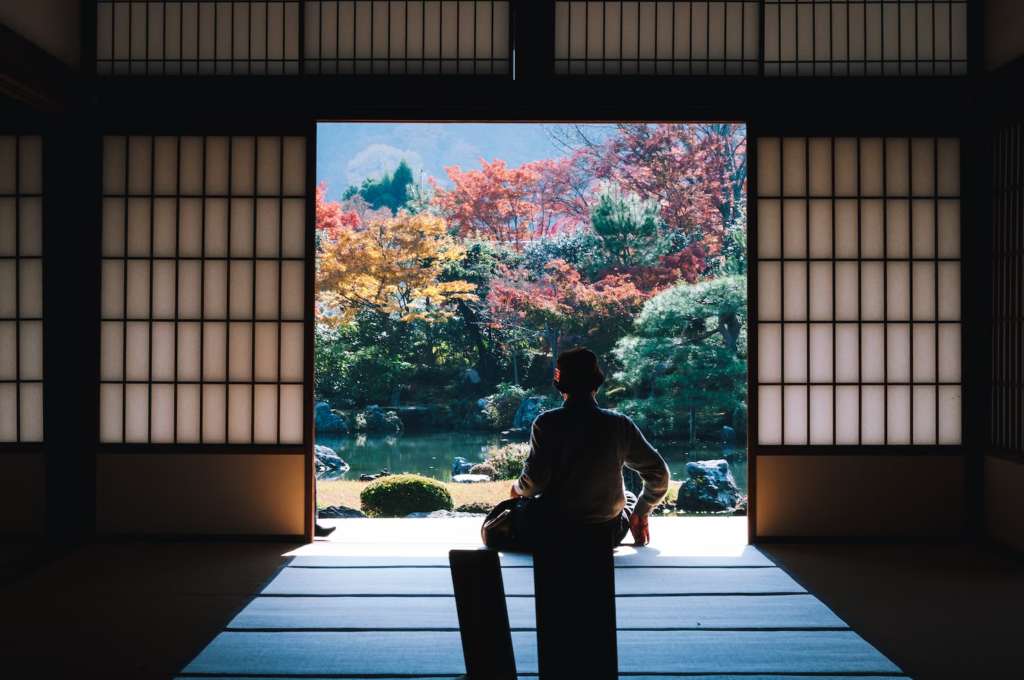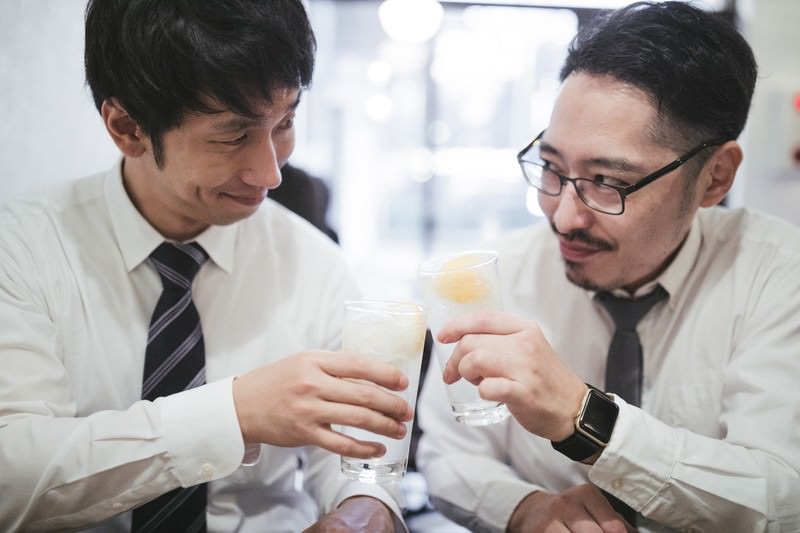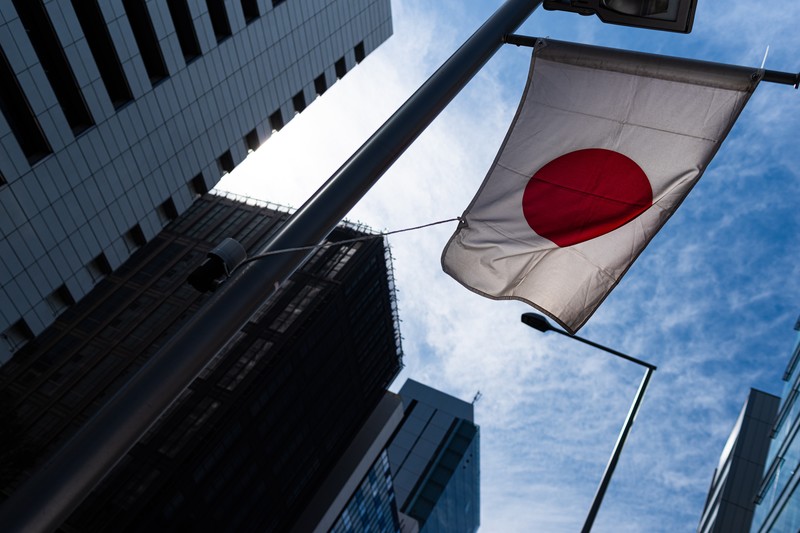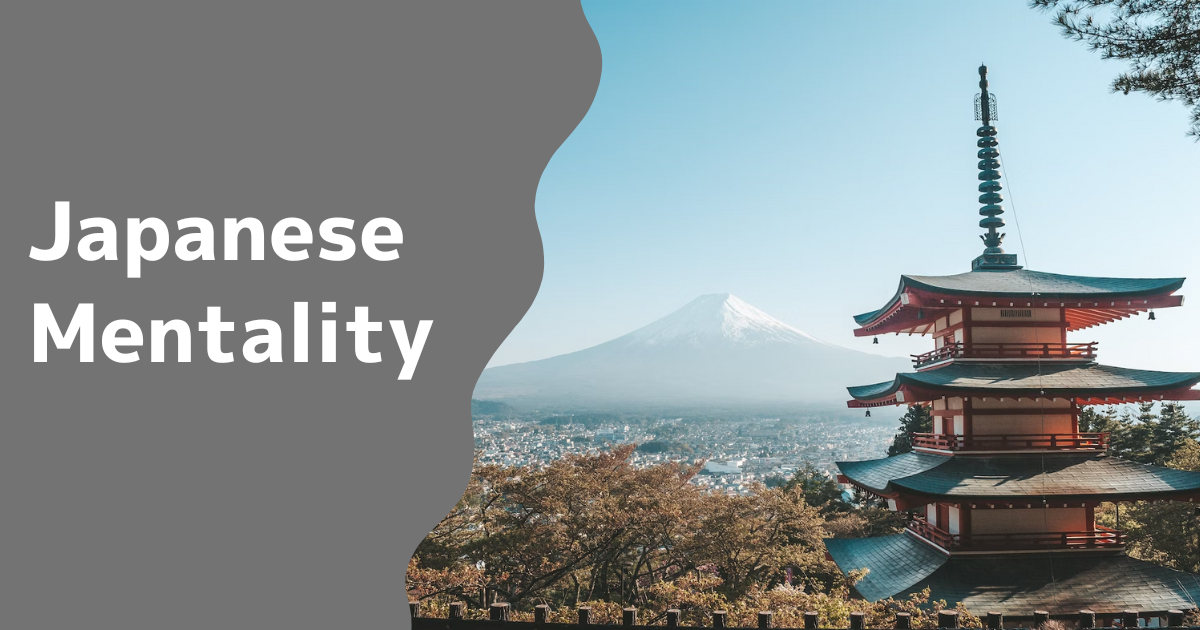If you have a chance to make friends with Japanese or work with Japanese, you might wonder about Japanese people’s mentality.
You could see Japanese don’t talk much but are serious about doing business.
Especially if you have a Japanese boyfriend/girlfriend or Japanese business partner and hope to have a successful relationship with them, it is good to know Japanese people’s characteristics.
In this article, I’d like to introduce the Japanese mentality.

I am Hiro from Tokyo and I was born and raised here and well understand overall Japanese culture including Japanese mentality.
Japanese mentality

Japanese people look quite distinctive to non-Japanese and they have such below characteristic tendencies.
Be shy and quiet
The majority of Japanese are shy and quiet compared to non-Japanese. Living in Japan most Japanese people tend not to be eye-catching to others.
There is a saying “The stake that sticks out gets hammered in (出る杭は打たれる)” in Japanese which means if you are talented or outstanding, people are jealous or criticize you.
Most Japanese hide their talent or outstanding ability not to be criticized and hiding their ability is thought to be morally excellent. For instance, I speak English fluently but usually don’t tell anybody about it because some Japanese people feel uncomfortable if I say I can speak English.
Be polite

Many non-Japanese could feel Japanese are too polite. We, Japanese people, are strongly taught by parents and society to greet when meeting anybody and say “Thank you”, or “Sorry” at an appropriate time sometimes overly, otherwise they are thought to be impolite.
In a business, it could be better to apologize first if a Japanese customer complains in any case even if there is nothing to be blamed for and then investigate who should be blamed. (It could even be customers’ misunderstanding, but nevertheless, it is required to apologize to customers first.)
Also, we Japanese people are learnt to be polite to older and need to use honouric language to them.
If you are interested in Japanese hierarchical culture, please refer to the below article.
Be mild-mannered
You could feel that most Japanese are mild-mannered. In fact, few Japanese become emotional or express anger in public and rather be quiet and peaceful no matter how harmful things could happen.
If we go to a restaurant and find the attitude of the staff or the food itself is bad, we never complain to them or the chief, but also never visit that restaurant again.
Go along with other people

Even if a friend or a person you are talking to has different opinions or ways of behaviour, most Japanese go along with them which means they tend not to deny and rather agree with what they say or do.
For example, if you invite to lunch to your Japanese friend or colleague, they are highly likely to agree with your restaurant choice regardless of their preference.
Real intentions and what they say on the surface
People’s real intentions and what they actually say on the surface are often different.
Nonverbal communication has an important role in Japan because they usually hesitate to strongly tell their real opinions and always see other people’s ideas or public opinions even if they stick to their ideas.
If you are interested in the article on non-verbal communication in Japan, please refer to the below article.
Be punctual

Japanese people are always punctual when meeting with their friends, boyfriend/girlfriend, and business partners and when they are late even 2 or 3 minutes, there is the possibility they lose credibility.
Let me pick the example of trains in Japan. Japanese trains time tables are set by a minute such as 7:43, 7:47, and 7:51 in the morning and always each train comes at those exact times. If more than 2-3 minutes are late, the train company makes an announcement of apology for the delay to passengers. If you are interested in Japanese punctuality, please refer to the below article.
Be less patriotic

I consider the Japanese are less patriotic compared with non-Japanese. There are some schools which don’t provide any opportunity of singing the national anthem or upholding the national flag during entrance/graduation ceremonies and that becomes a social issue in Japan.
Also, there are a lot of people who don’t like their country’s flag or anthem in Japan.
This is based on backlash after the second world war where all the Japanese are taught to be patriotic and sacrifice their lives to win the war.
Be less religious

The majority of Japanese don’t follow any religion.
However, most Japanese hold marriage ceremonies in the Christianity style and hold funerals in the Bhudism style and visit Japanese shrines to pray during the New Year and those became part of customs.
Conclusion
In this article, I introduced the overall Japanese mentality and hope you understand Japanese people’s tendencies and hope it could be helpful to get along with Japanese people.






コメント Comment